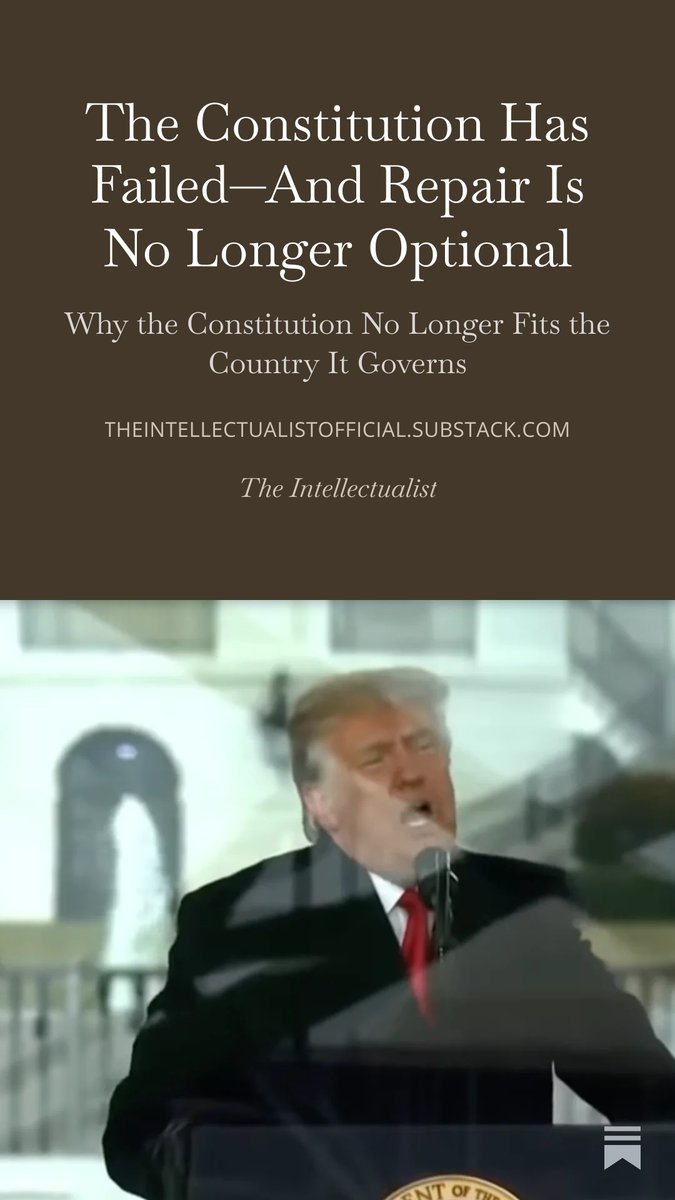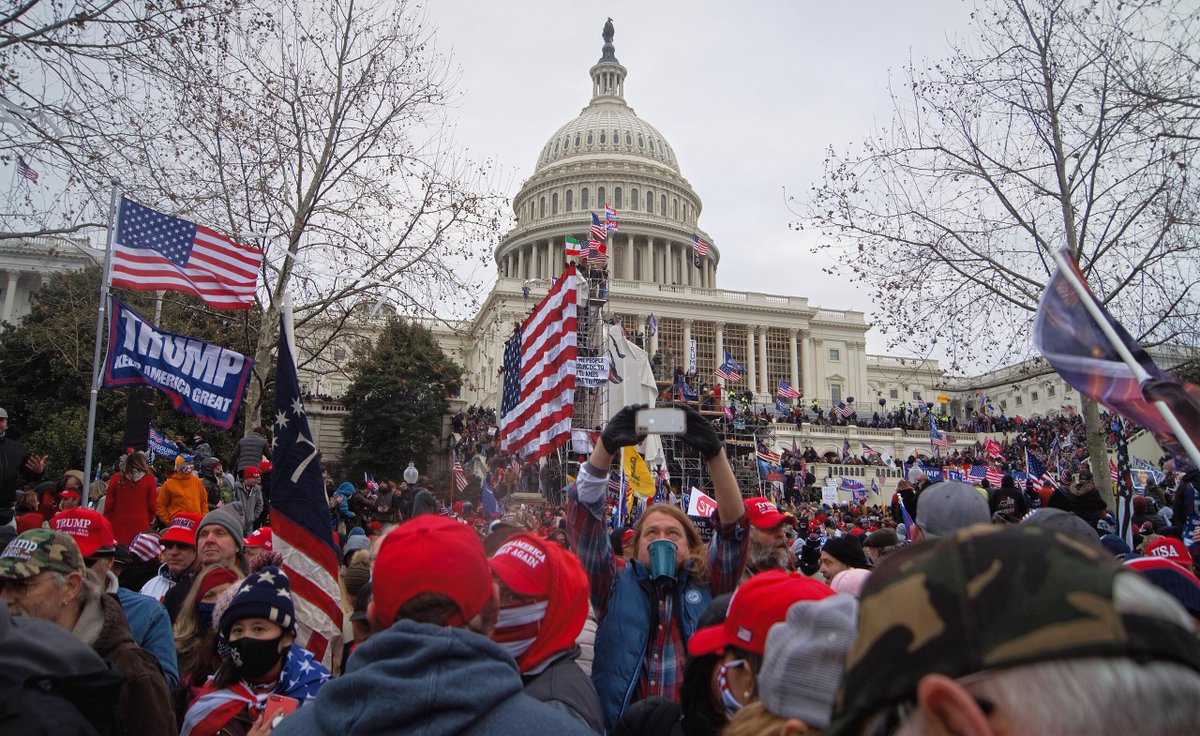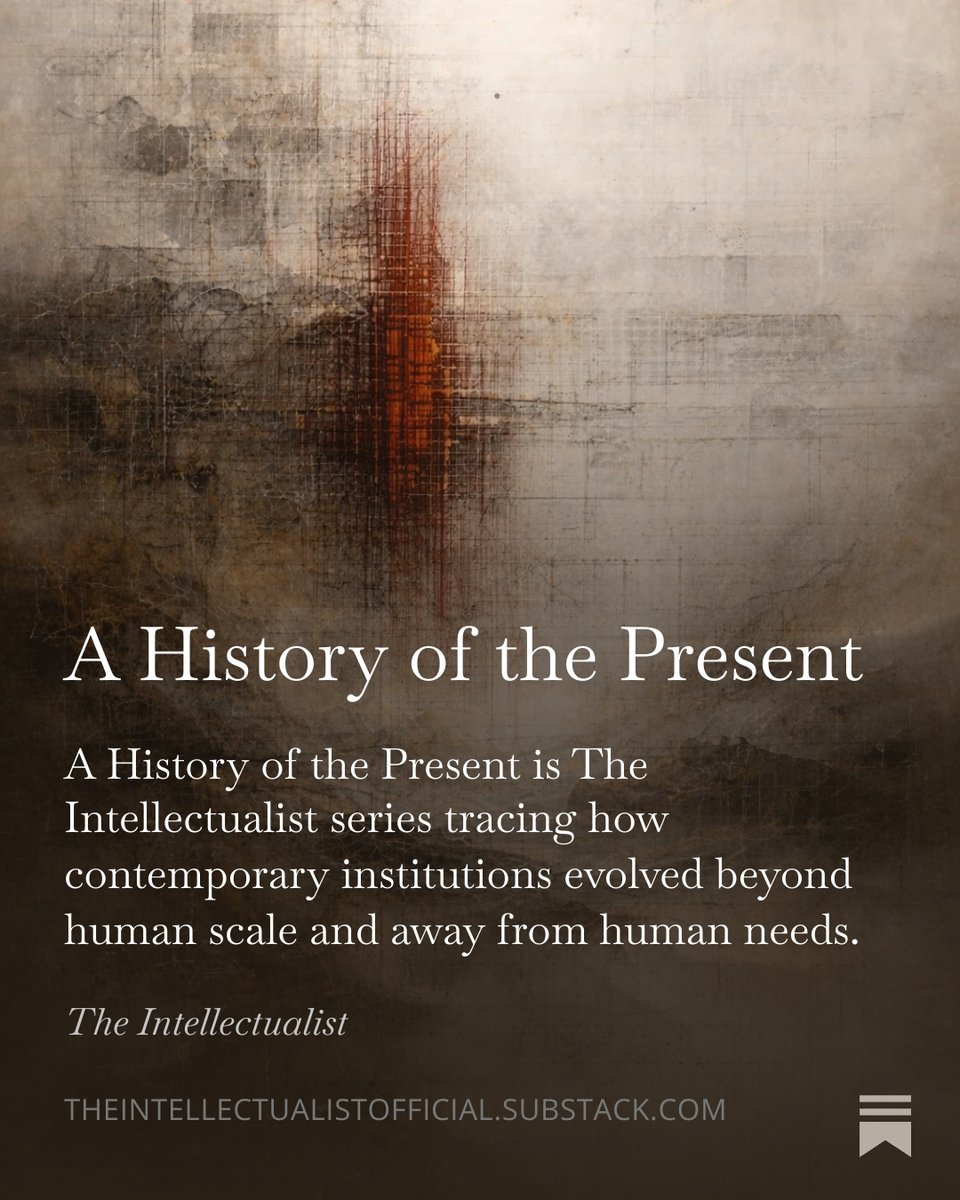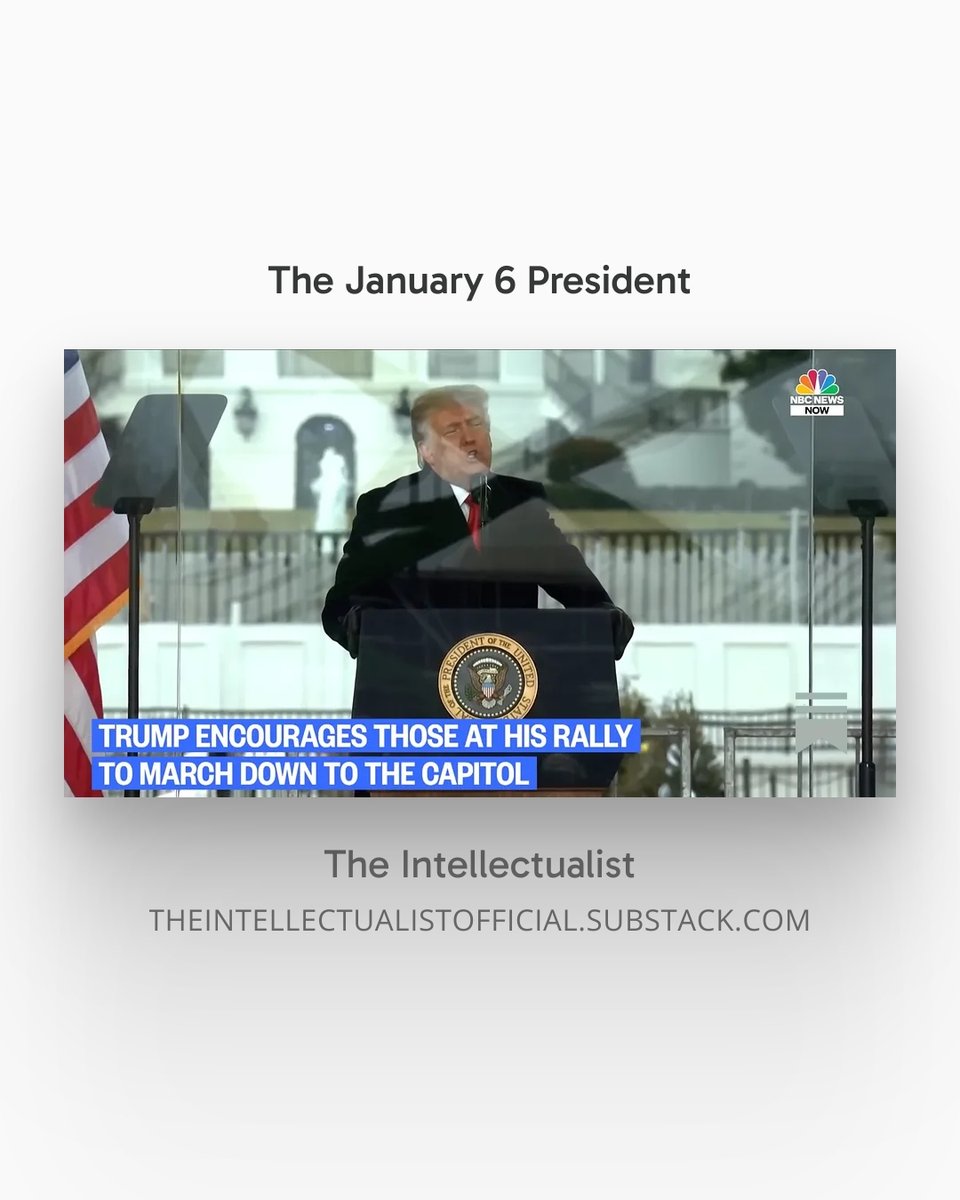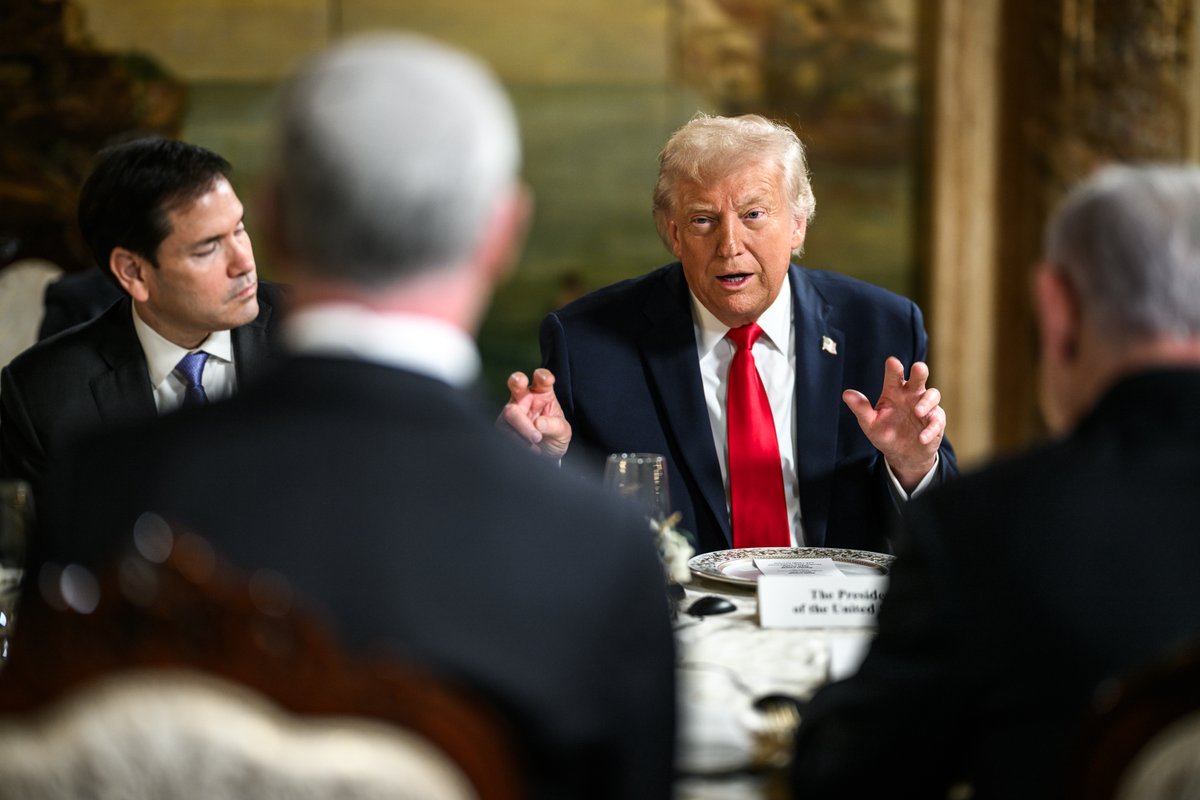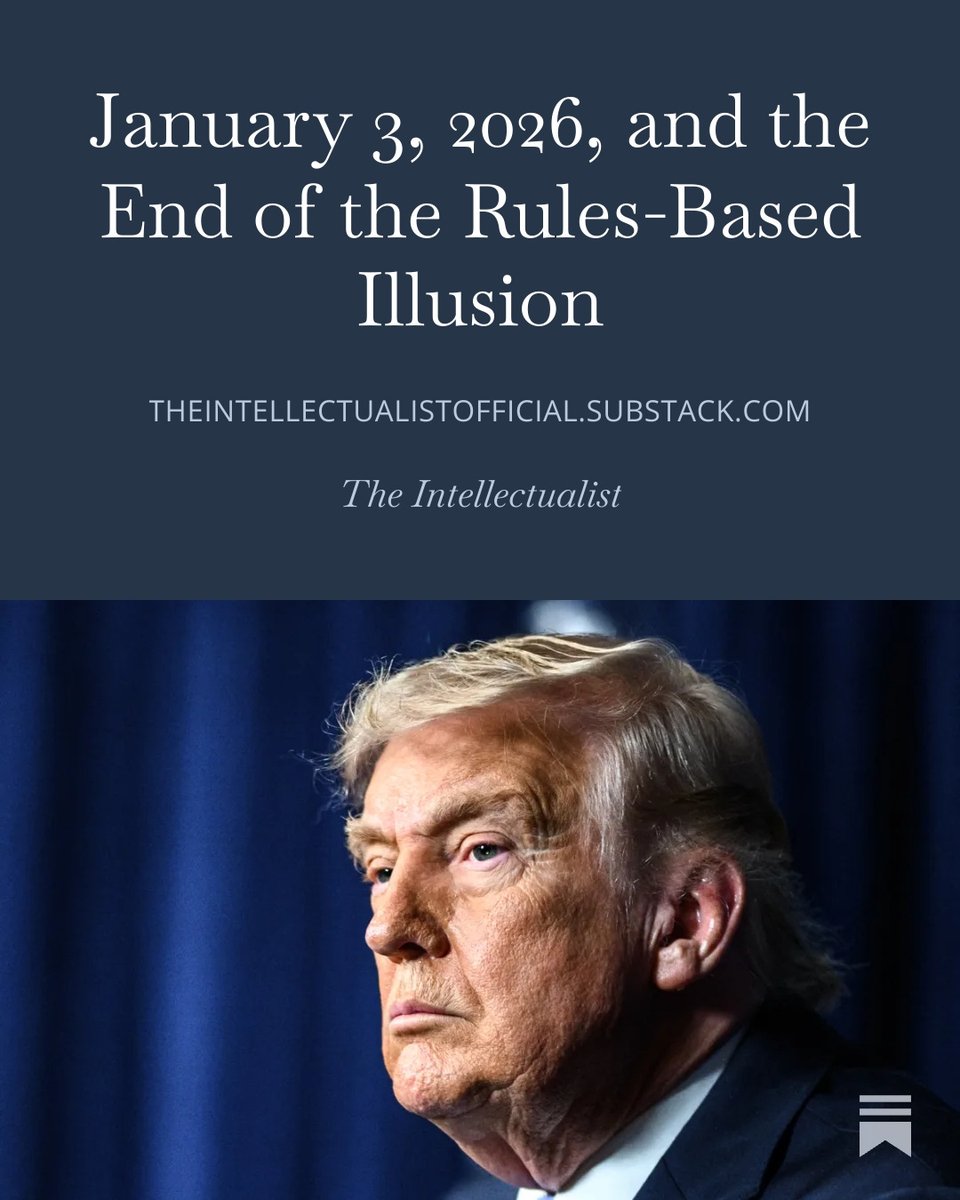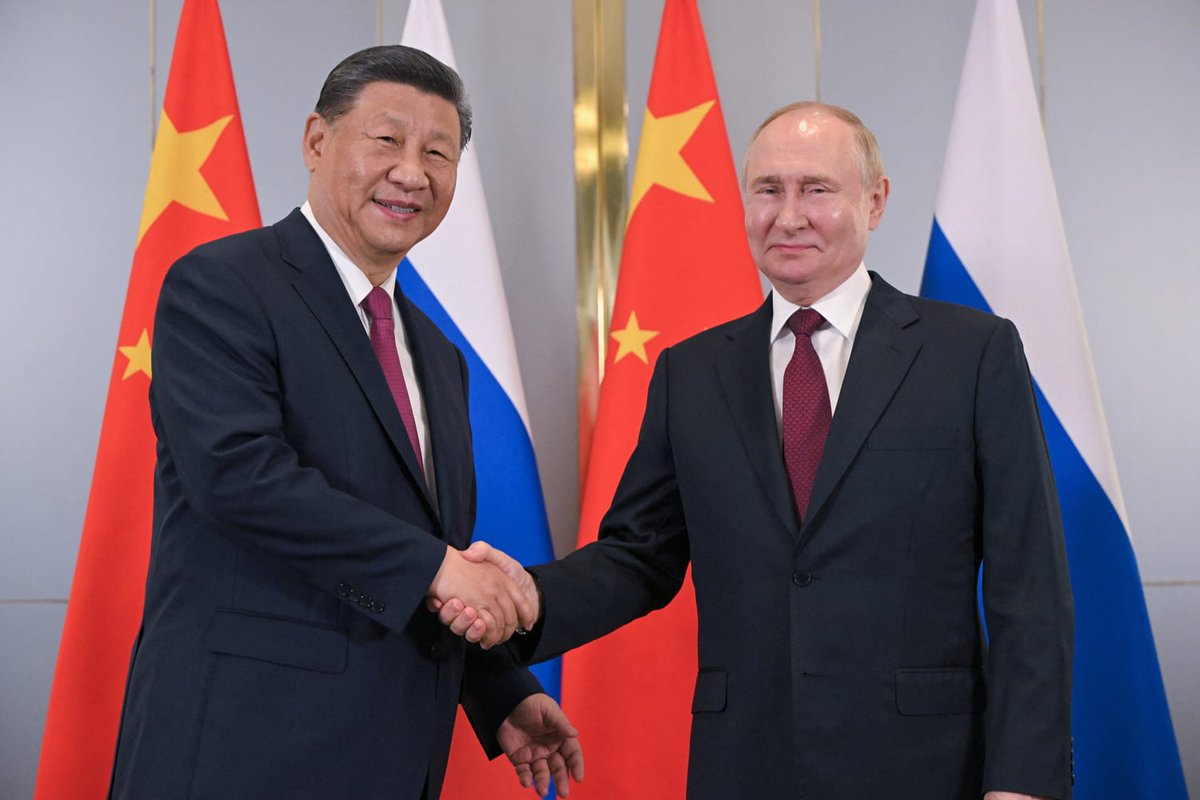1/5 Supply-side economics💰claims that tax cuts for rich people and businesses spur growth. But is it that simple? Let’s delve into it. #EconomicPolicy #SupplySideEconomics 

2/5 First up, tax cuts can boost income inequality. The rich get richer, while funding for public services, often benefiting the less affluent, takes a hit due to less government revenue 💸. #IncomeInequality 📈 

3/5 Second, supply-side theory assumes companies will reinvest their extra cash to grow and create jobs 👷♀️🧑✈️. But what if they use the funds for stock buybacks or increased executive pay instead? 🤔💰 #CorporateBehavior 

4/5 Third, the idea that tax cuts will fuel enough growth to offset reduced revenues often falls short in reality, leading to bigger budget deficits and national debt 💳💔. #NationalDebt 🌪️ 

5/5 In a nutshell, supply-side economics 📈 comes with downsides: increased inequality, dependence on corporate choices, and surging national debt. #EconomicPolicy 

If you are not following us, please do. We would appreciate it. Thank you.
• • •
Missing some Tweet in this thread? You can try to
force a refresh





